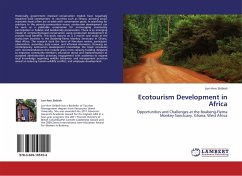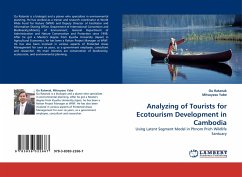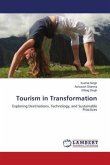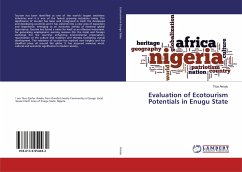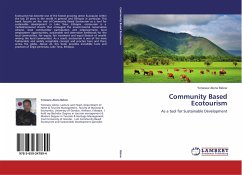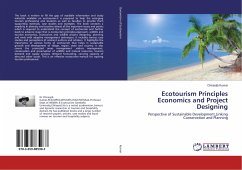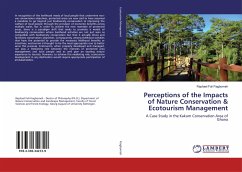Historically, government imposed conservation models have negatively impacted local communities. In countries such as Ghana, pressing social-economic issues often are at odds with conservation goals. In searching for solutions to the poverty-conservation nexus, ecotourism development can be seen as a palatable compromise for encouraging community participation in habitat and biodiversity preservation. There is an emerging model of community-based conservation using ecotourism development to provide local benefits. This book reports on a 3 month case study at the ecotourism business in the Boabeng-Fiema Monkey Sanctuary in Ghana, West Africa. The research took the form of literature review, participant observation, secondary data review, and informal interviews. Drawing on contemporary ecotourism development knowledge the book concludes with recommendations that include grass roots capacity building designed to empower community members; education about and implementation of accepted administration practices; engagement with academics to expand local knowledge regarding wildlife behaviour and management practices aimed at reducing human-wildlife conflict; and employee development.
Bitte wählen Sie Ihr Anliegen aus.
Rechnungen
Retourenschein anfordern
Bestellstatus
Storno

